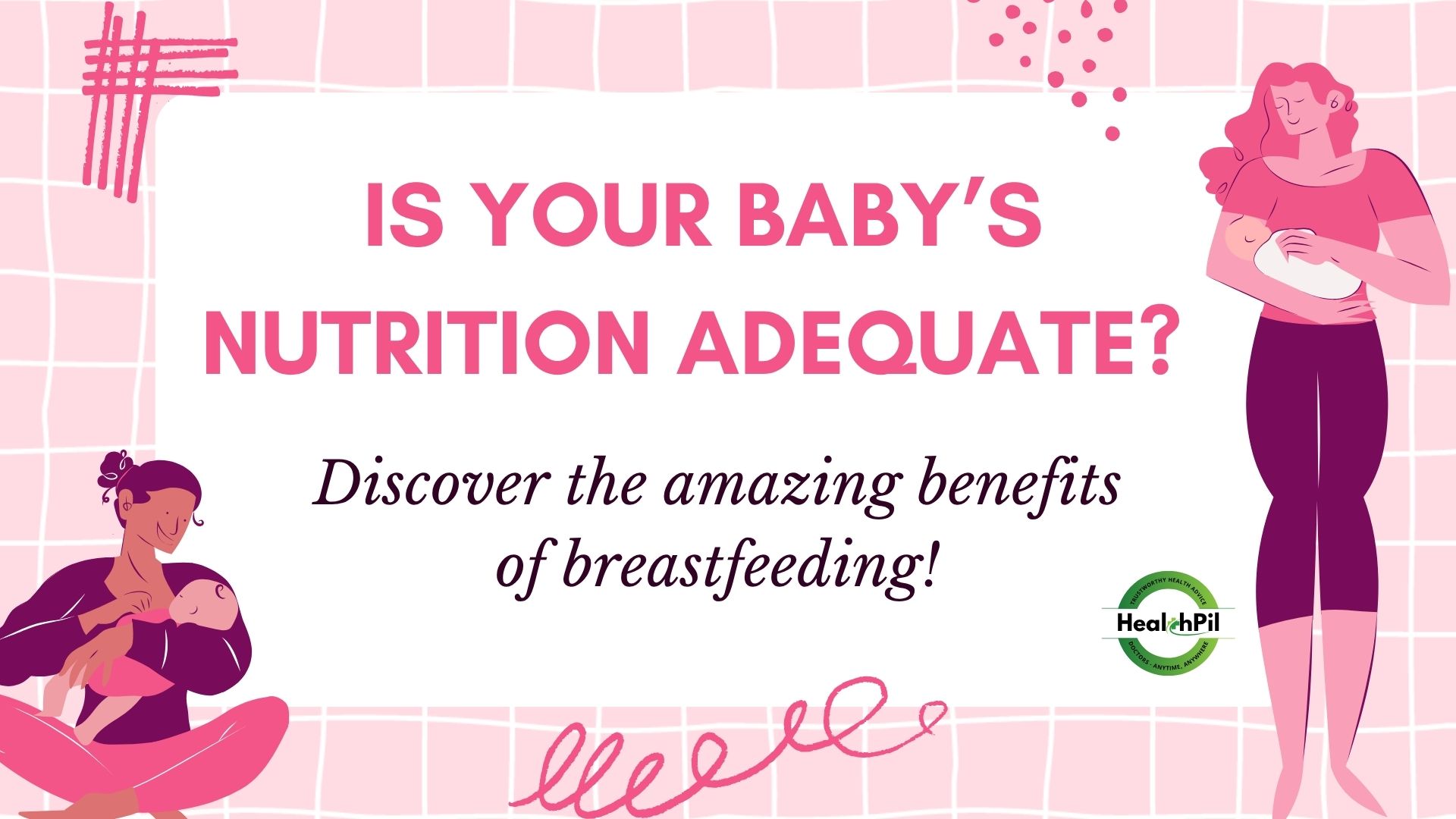
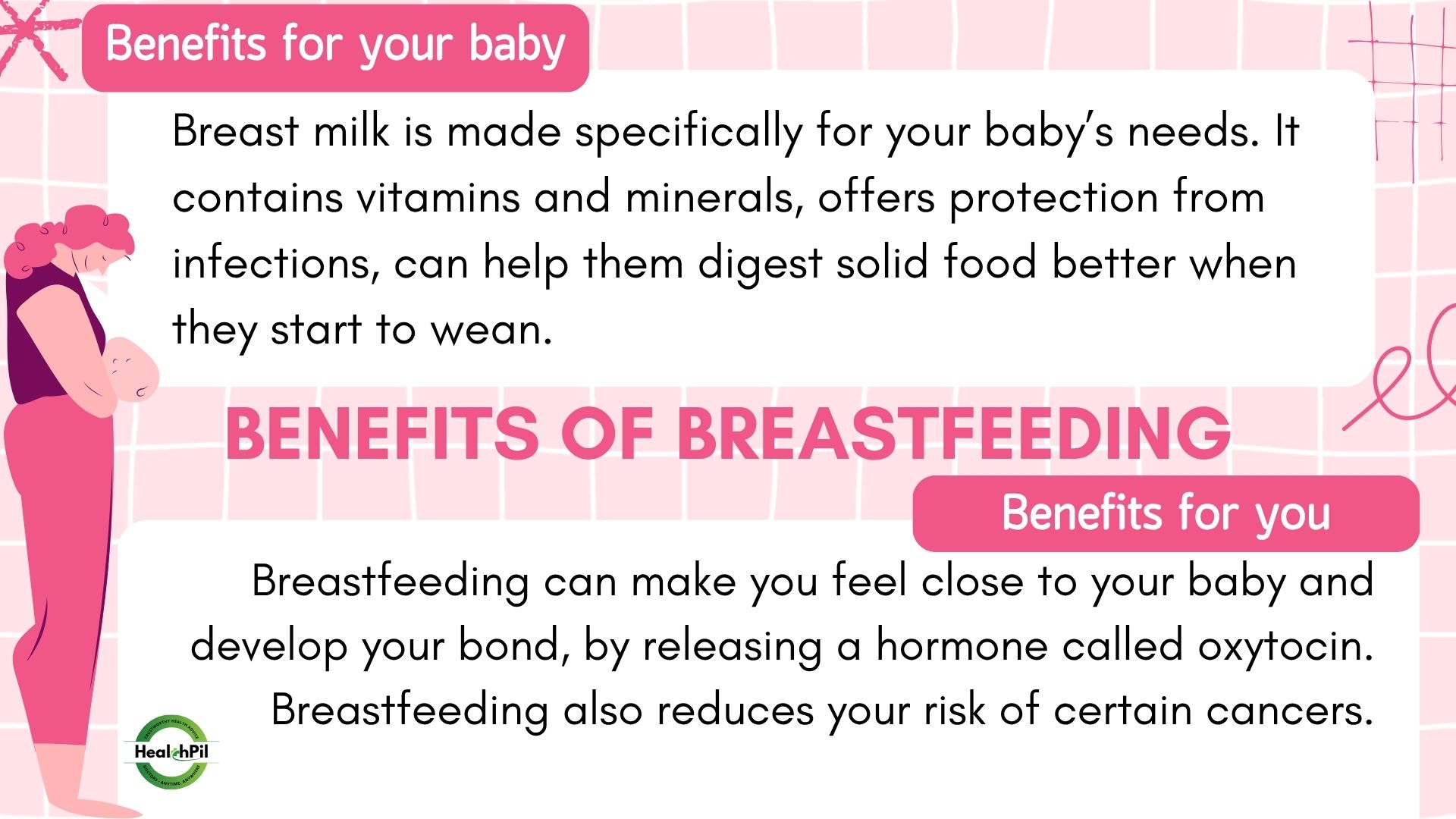
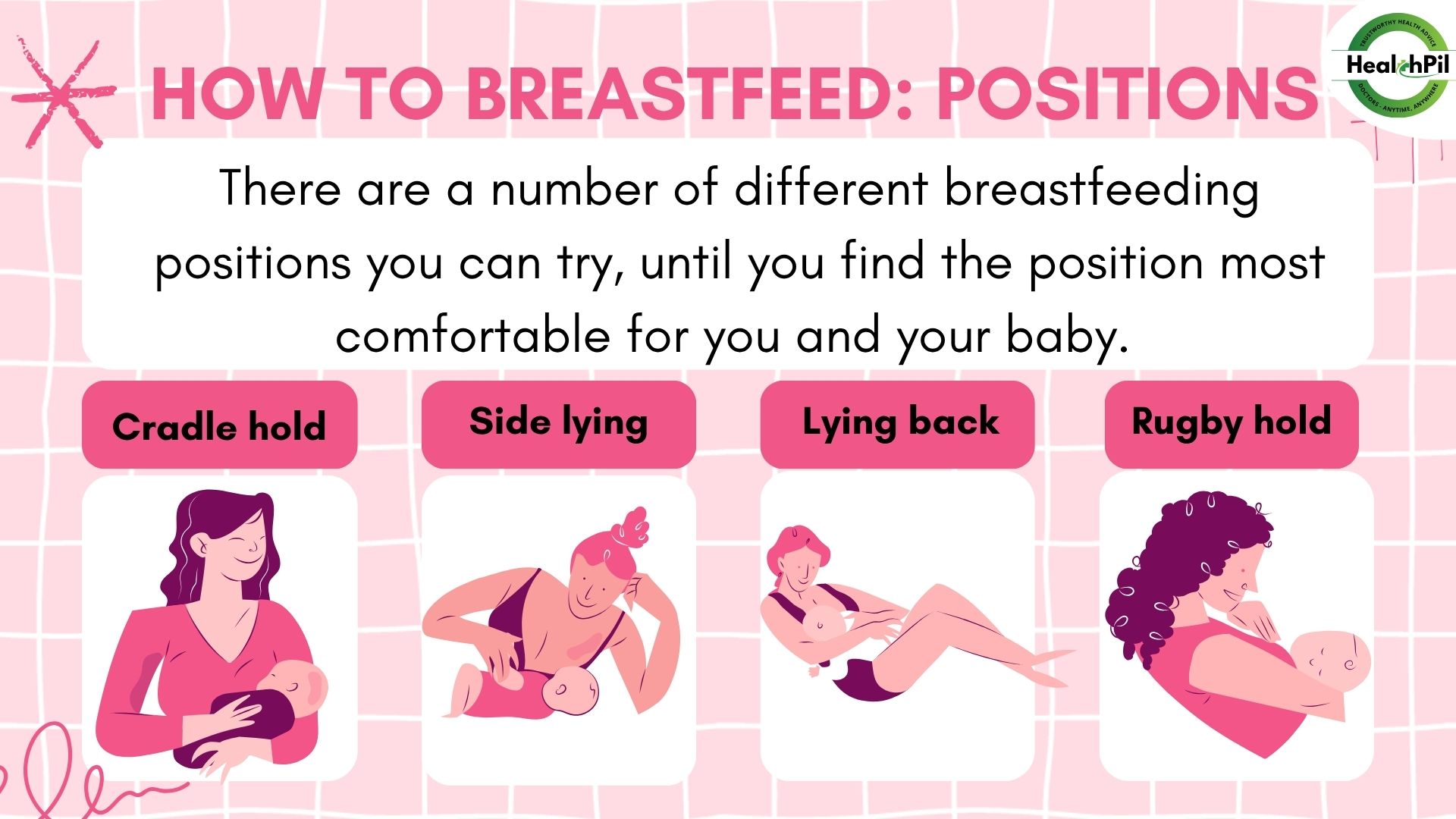
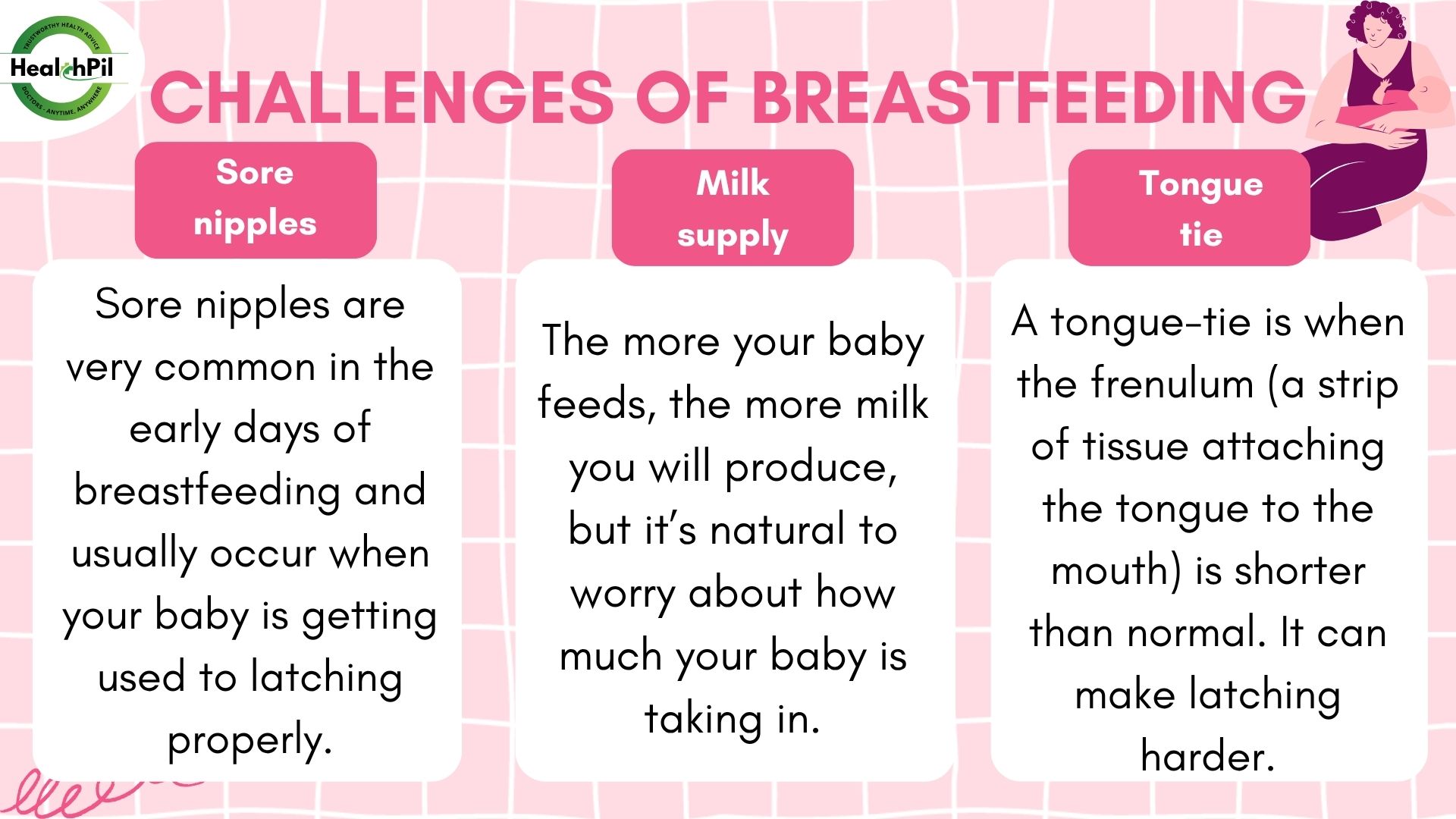
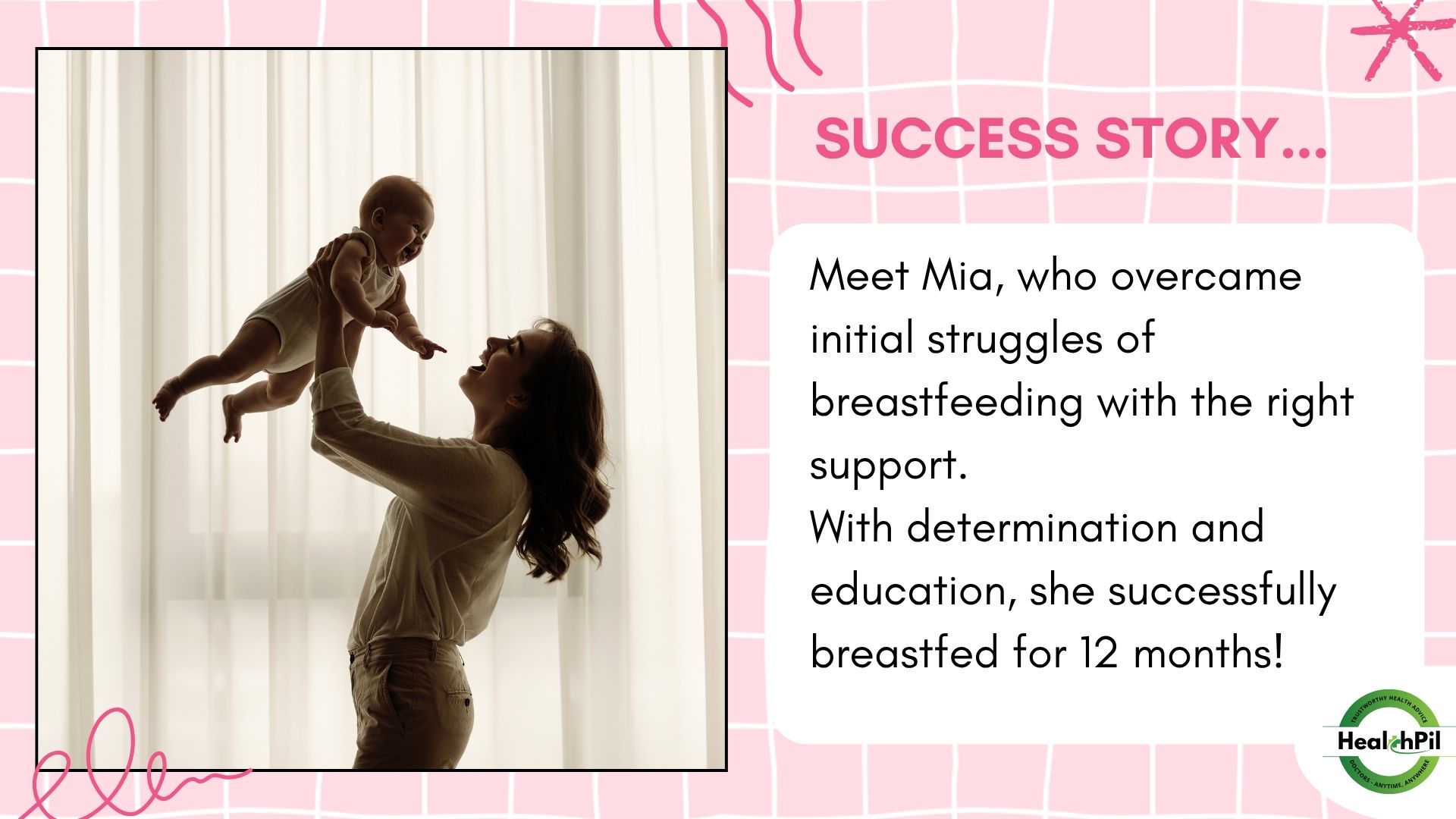
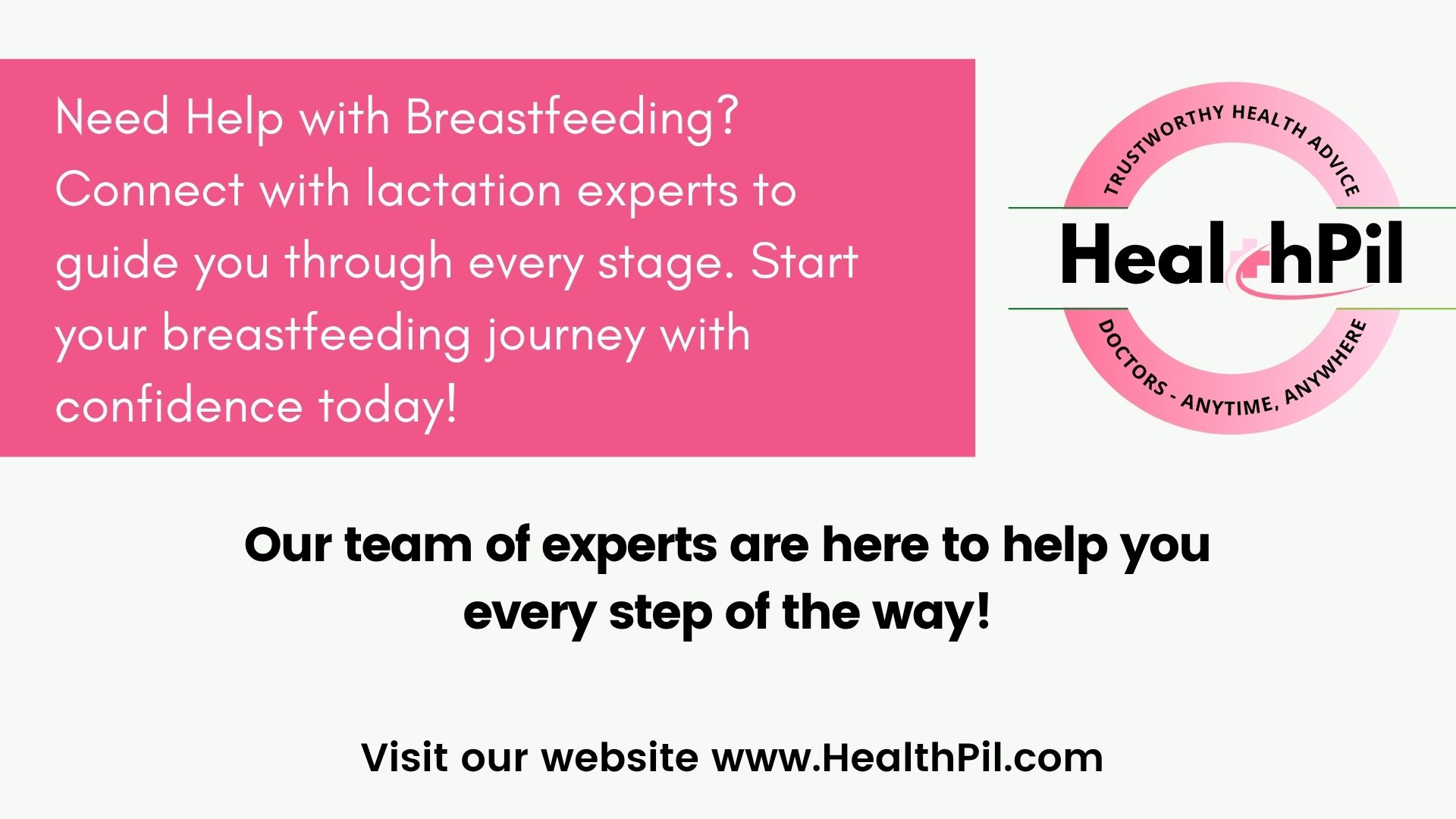
Breastfeeding: The Best Choice for Your Baby’s Health—Are You Ready to Start?
Breastfeeding is one of the most significant decisions new mothers face. It’s widely considered the best way to feed your baby, offering innumerous health benefits for both the mother and the baby. This article talks about the benefits of breastfeeding and shares some handy tips for new moms on how to get started and make it work.
Why Breastfeeding Matters
Breastfeeding provides essential nutrients that support a baby’s growth and development. It is rich in antibodies that help protect against infections and illnesses. The World Health Organization (WHO) recommends breastfeeding exclusively for the first six months and continuing as part of your baby’s diet, along with appropriate complementary foods up to two years or beyond.
Key Benefits of Breastfeeding
1. Nutritional Superiority:
Breast milk has just the right mix of nutrients, including proteins, fats, vitamins, and carbohydrates that are essential for a baby’s development.
2. Immune Protection:
Breast milk is full of antibodies and immune cells that help protect your baby from infections, reducing the risk of illnesses like diarrhea, respiratory infections, and allergies.
3. Bonding Experience:
Breastfeeding is a great way to bond with your baby. The skin-to-skin contact strengthens your connection and makes your little one feel safe and secure.
4. Cost-Effective:
Breastfeeding saves money by eliminating the cost of formula, all while giving your baby the best possible nutrition.
5. Health Benefits for Mothers:
Breastfeeding offers health benefits for mothers too, such as a lower risk of postpartum hemorrhage, better uterine contraction, and a reduced risk of certain cancers like breast and ovarian cancer.
Getting Started with Breastfeeding
1. Educate Yourself:
● Attend breastfeeding classes or consult lactation experts during pregnancy to learn about proper techniques and tips for successful breastfeeding.
2. Skin-to-Skin Contact:
● Right after birth, hold your baby skin-to-skin. It helps with bonding and gets your baby ready to breastfeed.
3. Establishing a Feeding Routine:
● Feed your baby whenever they’re hungry, usually every 1.5 to 3 hours. Look for signs like sucking to know when they’re ready.
4. Getting the perfect latch:
● Make sure your baby is latching properly to avoid pain and ensure they’re getting enough milk. If you’re having trouble, a lactation consultant can give you some tips.
5. Stay Hydrated and Nourished:
● Drink lots of water and eat well to keep your milk supply up and your energy high.
Common Challenges and Solutions
● Sore Nipples: This is a common issue for new mothers. Ensure proper latch and consider using lanolin cream for relief.
● Low Milk Supply: If concerned about milk supply, ensure adequate hydration and frequent feedings. Consult a lactation consultant for additional support.
● Returning to Work: Plan ahead by discussing breastfeeding accommodations with your employer and consider expressing and storing breast milk
Frequently Asked Questions
How long should I breastfeed?
The WHO recommends exclusive breastfeeding for the first six months, followed by continued breastfeeding along with complementary foods for up to two years or beyond
What if I cannot breastfeed?
If breastfeeding is not possible, consult your healthcare provider for suitable formula options.
Can I breastfeed if I have health issues?
Many health conditions do not prevent breastfeeding. Consult your healthcare provider for personalized guidance.
How do I know if my baby is getting enough milk?
Watch for signs such as consistent weight gain, regular wet diapers, and contentment after feeding.
Is it okay to combine breastfeeding and formula feeding?
Yes, some mothers choose to combine breastfeeding and formula feeding. Consult your healthcare provider for guidance.
Conclusion
Breastfeeding is a natural and beneficial way to nourish your baby while fostering a strong bond between mother and child. By understanding the benefits and preparing for potential challenges, mothers can set themselves up for a successful breastfeeding experience. Remember, support is available, so don’t hesitate to seek help when needed.
Disclaimer
The information provided in this article is for awareness purposes only and should not replace professional medical advice. Always consult your healthcare provider for personalized medical guidance.
How HealthPil can help?
HealthPil Is Always Here for YOU!
● Need Guidance? Connect with healthcare experts ready to help you navigate gestational diabetes.
● Join Our Community: Gain access to tips, resources, and support from mothers just like you!
● Don’t Delay—Take Action! Your health and your baby’s future are too important to wait!
Contact HealthPil today and empower your pregnancy journey!
